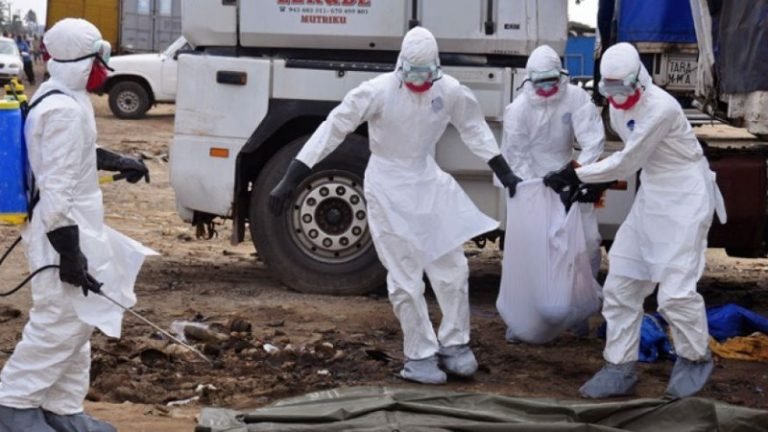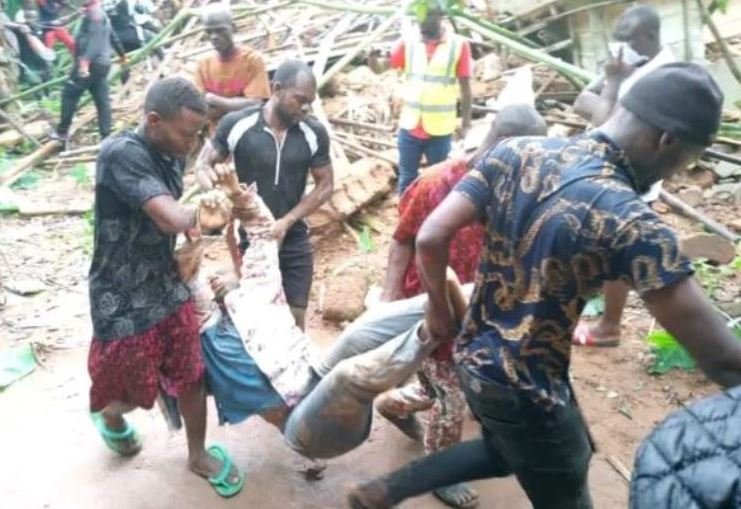No fewer than 500 mpox patients have fled clinics in eastern Democratic Republic of Congo during the last month amid the present turmoil.
Officials at the Africa Centres for Disease Control and Prevention (Africa CDC), the continent’s top health body, are concerned that the missing patients will spread the highly contagious sickness, which is suspected of killing at least 900 people in DR Congo last year.
The patients fled from clinics in Goma and Bukavu, two cities that had sunk into anarchy after being taken by Rwandan-backed M23 rebels in recent weeks.
“We were looted. We lost equipment. It was a disaster,” Dr. Samuel Muhindo, in charge of a clinic in Goma, told the reporters.
Mpox, formerly known as monkeypox, can cause skin lesions, headaches, and fever.
According to the Africa CDC, since the beginning of the year, about 2,890 mpox cases and 180 deaths have been documented in the country, which has been the epicenter of numerous recent outbreaks.
Dr. Muhindo revealed how 128 patients evacuated Goma’s Mugunga health institution following the conflict at the end of January.
His health professionals were unable to trace them since the clinic’s paperwork had been destroyed, he stated.
Looters stole drugs and personal protective equipment from Bisengimana Hospital in Goma, which also treats mpox.
Fires were ignited outside the center, and when the offenders fled, patients’ medical records were strewn across the floor.
The situation has been compounded further by the M23’s decision to dismantle a network of camps in Goma that had housed tens of thousands of people fleeing war in recent years.
They were given 72 hours to depart last week, but the M23 later stated that “voluntary returns” were encouraged.
“Now we are afraid of an outbreak of the epidemic in the areas where the displaced people returned to,” Dr. Muhindo said.
His fears have been echoed by the Africa CDC.
“Once again, we are calling really for the ceasefire and also the agency to establish a humanitarian corridor to facilitate the continuation of mpox interventions,” Dr. Ngashi Ngongo, Africa CDC’s mpox incident manager, said on Thursday.
According to the Africa CDC, the number of missing mpox patients has increased by 100 in the previous week as combat intensifies and rebels seize more area.
Dr. Ngongo added that a new variant of mpox with “high potential for higher transmissibility” had also been detected in DR Congo.
The country’s ability to respond to the epidemic has been impeded by the battle between the M23 rebels and the DR Congo army, as well as a lack of resources.
The mpox facility in Mugunga, which was financed by UNICEF and UK Aid Direct, reopened last week.
However, it is already overcrowded, with four or five patients sharing a single bed at times.
“I first fled from Minova to Goma when the M23 rebels began to advance from there,” Sadiki Bichichi Aristide, a 23-year-old being treated at Mugunga along with two of his children, told the BBC.
“I began to fall sick in a [camp for displaced people]. It started with my fingers, and then I had lesions, which began to rupture on my hands. My neighbors told me to go to Mugunga with my children. I left my wife behind.”
He stated that he had seen “so many” persons with mpox before arriving at the clinic last week.
Dr. Oummani Rouafi, UNICEF’s Goma health specialist, told the BBC that the only reason Mugunga Hospital reopened was because staff were able to hide certain equipment and medicine from looters.
However, this was not the situation at numerous other treatment facilities that had been thoroughly ransacked, he claimed.










